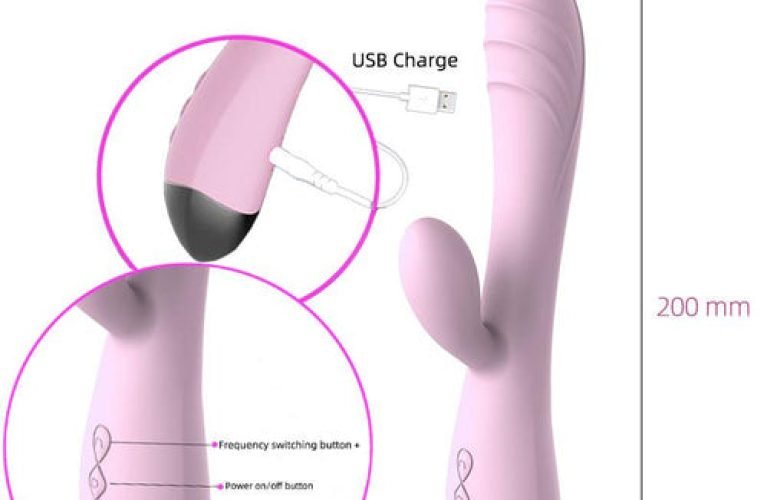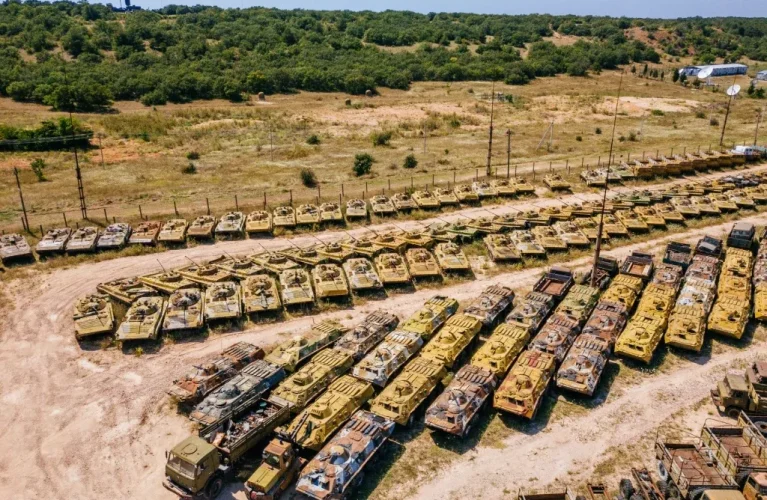
Introduction:
Carbonation adds that delightful effervescence to our favorite beverages, making them crisp, refreshing, and enjoyable. Behind this magic lies the technology of carbonation machines and carbonators. In this comprehensive guide, we delve into the intricacies of these devices, exploring their functions, types, and the diverse range of applications they serve.
I. Understanding Carbonation:
Carbonation is the process of dissolving carbon dioxide (CO2) gas into a liquid to create carbonic acid, resulting in the characteristic fizziness we love in beverages. This can be achieved through natural processes like fermentation or by employing carbonation machines and carbonators.
II. Carbonation Machines:
Carbonation machines are innovative devices designed to infuse beverages with carbon dioxide, providing a controlled and consistent level of fizz. They come in various forms, from home carbonation systems to large-scale industrial machines used in the beverage industry.
- Home Carbonation Systems:
For enthusiasts who want to craft their fizzy drinks at home, there are compact and user-friendly home carbonation systems available. These typically include a carbonator machine, a CO2 cylinder, and a bottle for holding the liquid. Popular brands like SodaStream have gained popularity for allowing users to carbonate water and add flavorings to create personalized sodas and sparkling water.
- Commercial Carbonation Machines:
In the commercial sector, carbonation machines play a crucial role in the production of carbonated beverages. These machines are capable of handling larger volumes and ensuring precise control over the carbonation process. Industries such as soft drinks, breweries, and even water bottling plants rely on these machines to meet consumer demands for fizzy beverages.
III. Carbonator Machines:
Carbonator machines are the heart of the carbonation process, responsible for dissolving CO2 into liquid. These machines are engineered to provide efficiency, accuracy, and consistency in carbonation levels. Two primary types of carbonator machines are widely used:
- Injector-Type Carbonators:
These machines inject CO2 directly into the liquid, creating tiny bubbles that dissolve into the beverage. Injector-type carbonators are common in small-scale applications and home carbonation systems due to their simplicity and ease of use.
- Rotary Vane Carbonators:
Utilized in larger-scale operations, rotary vane carbonators are more sophisticated. They feature rotating vanes that create a thin film of liquid over a large surface area, promoting efficient CO2 absorption. This results in a more controlled and consistent carbonation level, making them ideal for high-volume production in commercial settings.
IV. Applications of Carbonation Machines and Carbonators:
- Beverage Industry:
The most prominent application of carbonation machines and carbonators is in the beverage industry. Soft drinks, sparkling water, beer, and other carbonated beverages owe their effervescence to these machines.
- Water Treatment:
Carbonation is also employed in water treatment processes to adjust pH levels. Carbonator machines play a role in ensuring precise carbonation for applications like desalination and wastewater treatment.
- Food Industry:
In the food industry, carbonation machines are used to carbonate various culinary creations, adding a unique and delightful touch to dishes.
Conclusion:
The world of carbonation machines and carbonators is diverse, catering to both home enthusiasts and large-scale industrial applications. From the simplicity of home carbonation systems to the complexity of rotary vane carbonators in beverage production, these machines contribute to the fizzy, refreshing experience we associate with carbonated beverages. Whether you’re a home soda maker or a beverage industry professional, understanding the technology behind carbonation enhances the appreciation for the science that goes into creating our favorite effervescent drinks.











